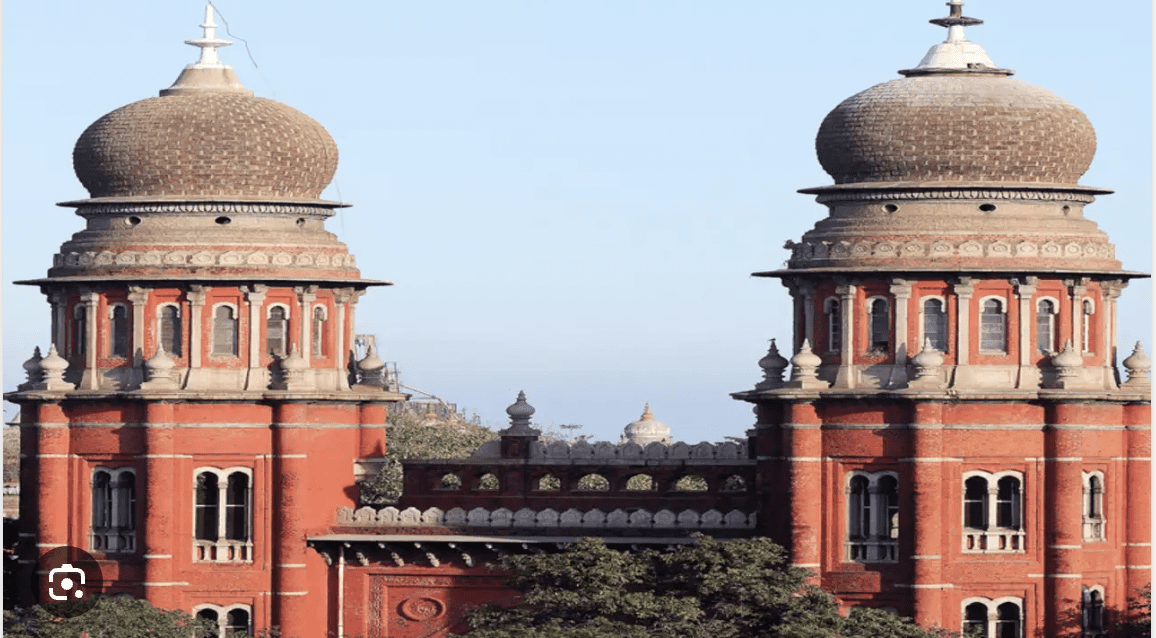Case Title: Thol Thirumaavalan v The Principal Secretary
Case No: W.P.No.14582 of 2017
Decided on: 07th December, 2023
CORAM: THE HON’BLE MR. SANJAY V. GANGAPURWALA, CHIEF JUSTICE
AND THE HON’BLE MR. JUSTICE D. BHARATHA CHAKRAVARTHY
Facts of the Case
The President of Viduthalai Cchirutthagal Katchi (VCK), Thol Thirumaavalavan, filed a case asking the court to overturn the Government Order concerning the appointment of Law Officers to the Madras High Court and its Madurai bench. He aimed to formulate new regulations that would guarantee openness, sufficient representation for women, scheduled caste, scheduled tribe, and minority rights. Thirumaavalavan said that the 1968 Office Memorandum was broken by the Appointment of Law Officers of High Court of Madras and its Bench at Madurai (Appointment) Rules, 2017, which excluded scheduled caste and scheduled tribe from being reserved in temporary appointments longer than 45 days.
He emphasized the need for fairness and transparency to uplift marginalized and oppressed people as he continued to protest the appointment process’ lack of transparency. The respondents retorted that the position of Law Officer was not a civil service job and that the people selected were not state workers but rather professionals hired for particular assignments according to their areas of competence. The State argued against reservation in some positions and services by citing the ruling in Indra Sawney v. Union of India, a case decided by the Supreme Court. According to established legal precedent, the State argued that the appointments were in compliance with the 2017 Rules, highlighting the professional nature of the job and the unwiseness of implementing reservation in such positions.
Legal Provisions
The case revolves around the challenge to the Madurai (Appointment) Rules, 2017, which govern the appointment of Law Officers to the High Court of Madras and its Bench in Madurai.
Issues
Is the provision of vertical and/or horizontal reservation deemed necessary for the appointment of Law Officers by the government, considering that the established procedure is explicitly defined, and does the laid-down procedure exhibit any characteristics of arbitrariness or lack of transparency?
Courts analysis and decision
While rejecting the appeals, the court said that government-appointed law officers do not hold civil posts and are not regarded as government workers. The court emphasised the professional nature of the relationship between the government and Law Officers by stating that the government must choose the most qualified, talented, and deserving attorneys for the job. The court emphasised that the government must choose Law Officers in a way that protects the public interest and that it must choose the most qualified candidates on the basis of merit. The court emphasised that Law Officers are not employees or servants of the government, stating that the relationship between the government and Law Officers is solely professional and not that of a master and servant. The court determined that Article 16(4) of the Constitution and the reservation policy do not apply to the appointment of Law Officers because it is a government decision and not a tenure appointment. As a result, the court held that there should be no provisions for vertical or horizontal reservation and that law officers should be appointed to the High Court and its Madurai Bench only on the basis of merit. The established process for these appointments is open and non-arbitrary, the court stressed.
“PRIME LEGAL is a full-service law firm that has won a National Award and has more than 20 years of experience in an array of sectors and practice areas. Prime legal fall into a category of best law firm, best lawyer, best family lawyer, best divorce lawyer, best divorce law firm, best criminal lawyer, best criminal law firm, best consumer lawyer, best civil lawyer.”
Written by- Rupika Goundla


